
Brain Gym: Listen to Favorite Music
Researchers in Canada find that listening to one’s favorite music, or to music that is personally significant, leads to improvement in the integrity of the brain.

Researchers in Canada find that listening to one’s favorite music, or to music that is personally significant, leads to improvement in the integrity of the brain.

A new peptide may hold potential as an Alzheimer’s treatment
Researchers say the CDK5 Blocker peptide blocks a hyperactive brain enzyme that contributes to the neurodegeneration seen in Alzheimer’s and other diseases.

Non-drug therapies, such as exercise, appear to be as, or more, effective than drugs for reducing symptoms of depression in people with dementia, says a team of international researchers.
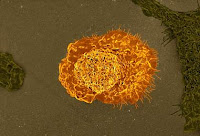
Immune cells work to remove toxic compounds that build up in the brain, including amyloid beta plaques associated with Alzheimer’s, according to a mouse study funded by the National Institutes of Health.

BETTER MEMORY AND BEHAVIOR, with reduced levels of Alzheimer’s tau, were achieved in the lab by supplementing drinking water with nicotinamide riboside, a form of vitamin B3. Learn what these important results mean to Alzheimer’s.
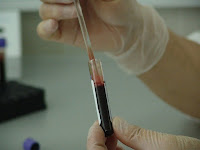
An Alzheimer’s blood test that works before symptoms appear can clear up doubts about memory problems. It can tell the difference between subjective memory problems, such as normal side-effects of aging, versus warning signs of Alzheimer’s.
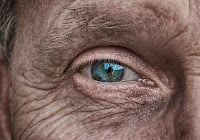
A new form of Omega-3 has successfully increased DHA in the retina and reduced eye problems associated with Alzheimer’s-like processes.

When is medical marijuana appropriate? Not in dementia, according to a new study. It suggests medical marijuana pills may not help treat behavioral symptoms of dementia, such as aggression, pacing and wandering. Get the details.
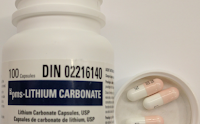
A study at McGill University shows that lithium given in micro doses may be capable of both halting signs of advanced Alzheimer’s pathology and recovering lost cognitive abilities.

Does your loved one with Alzheimer’s suffer with insomnia? Suvorexant (BELSOMRA) could help. Learn more.

The “glymphatic system” removes brain waste. It may be a powerful new target to treat Alzheimer’s. Learn why scientists believe Alzheimer’s may arise when the system is not doing its cleaning properly.
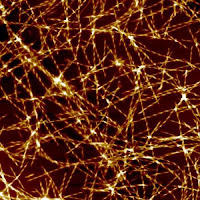
Plaques are the best-known Alzheimer’s culprit. Cambridge scientists have figured out the 7 steps to forming these plaques. Find out how targeting the formation of these “oligomers” may hold the key to a cure.

UCLA researchers found active people build 5% more gray matter in their brain. See how this prevents Alzheimer’s.

People with dementia who were consistently seen by the same General Practitioner (GP) are given fewer medicines and are less likely to be given medicines that can cause problems, according to researchers at University of Exeter. Learn more.

A deep promise to be there for an Alzheimer’s parent, this heartwarming song was written as a tribute to families facing dementia.

Amyloid is one of the leading culprits behind Alzheimer’s. Scientists know it damages memory by killing brain cells. Now research reveals how amyloid triggers memory loss in perfectly healthy brain cells as well. Learn more about how Alzheimer’s develops.

Getting out into the fresh air and taking a walk does good things for your brain and well-being, researchers say.
No spam, only news and updates.